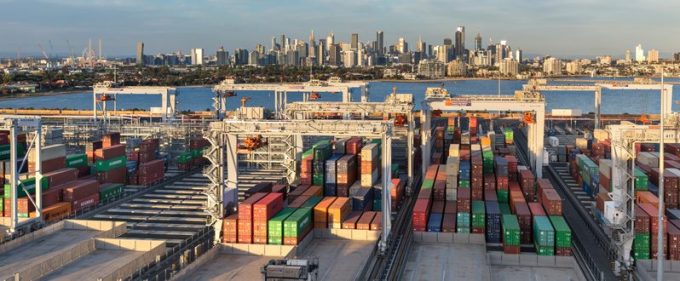News in Brief Podcast | Week 11 | Ocean rates down, uncertainty up
In this episode of The Loadstar’s News in Brief Podcast, host and news reporter Charlotte Goldstone ...

Truckers in Australia have lashed out over the latest round of controversial “port infrastructure” surcharges imposed by stevedores.
According to Peter Anderson, chief executive of the Victorian Transport Association (VTA), landside logistics operators are reeling from “huge” increases in surcharges they must pay to deliver and pick up laden containers.
“The VTA remains concerned at what are essentially ongoing and unregulated increases by stevedores, making it difficult for operators to budget and plan,” he told The Loadstar.
“Two years ago it was A$3.57 ...
USTR fees will lead to 'complete destabilisation' of container shipping alliances
Outlook for container shipping 'more uncertain now than at the onset of Covid'
Flexport lawsuit an 'undifferentiated mass of gibberish', claims Freightmate
Cancelled voyages take the sting out of spot rate declines this week
Shippers warned: don't under-value US exports to avoid tariffs – 'CBP will catch you'
New Houthi warning to shipping as rebel group targets specific companies

Comment on this article